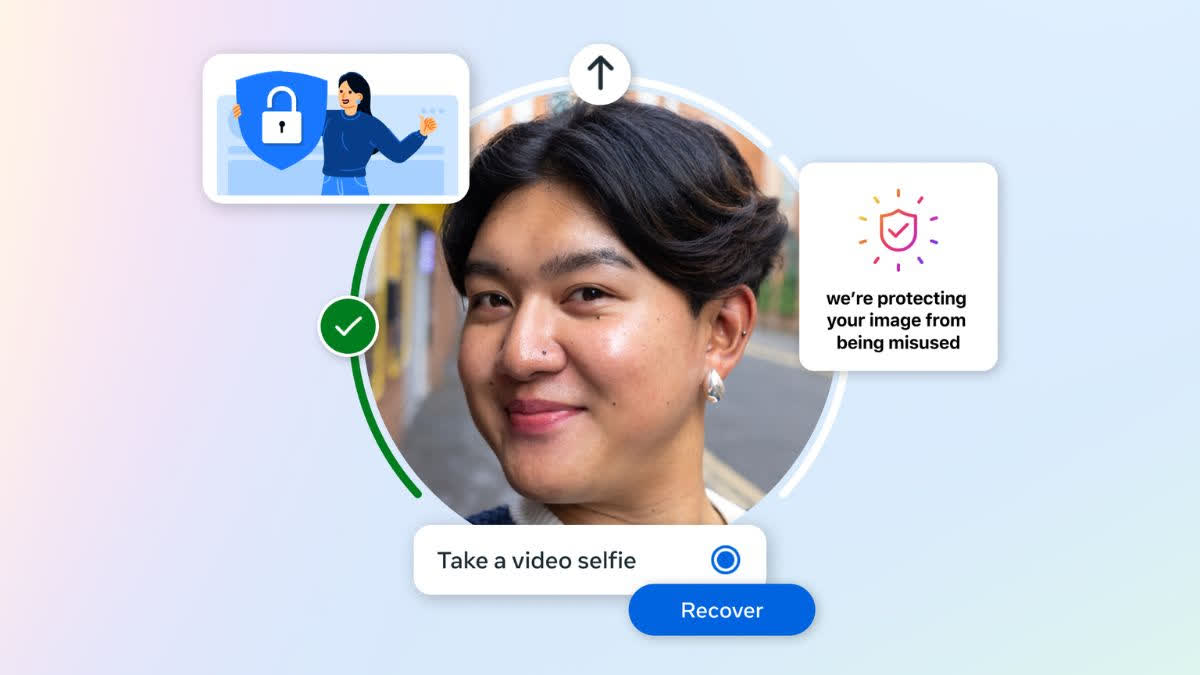Hyderabad: Meta is bringing back its facial recognition technology to help protect people from celeb-bait ads. Three years ago, the company decided to shut down the facial recognition software on Facebook in the wake of privacy and regulator pushback. However, it is now restarting as a test to detect and prevent instances where fraudsters use images of public figures to bait people into scams.
This scheme, commonly known as "celeb-bait", is designed to look like a legitimate ad, featuring content creators or celebrities. It lures people into engaging with scam ads that lead to scam websites. Afterwards, they are asked to share personal information or send money. Facial recognition technology not only aims to help protect people from such scams but also uses it as a means to identify impersonation and help people regain access to their compromised accounts.
Protection against celeb-bait ads
If Meta suspects an ad to be a scam, the system will compare faces in the ad to public figures' profile pictures on Facebook and Instagram. Confirmed scam ads will be blocked, and any facial data used will be deleted immediately.
The company says that initial tests with a small group of celebrities have shown promising results. Meta plans to notify more public figures about this protection, allowing them to opt-out if they choose.
Protection against impersonation
The company has also observed scammers creating fake accounts to impersonate public figures, aiming to deceive people. It currently uses detection systems and user reports to identify these accounts and is considering adding facial recognition technology to improve detection. Meta hopes to test this and other new methods soon.
Helping regain access to compromised accounts
People often lose access to their Facebook or Instagram accounts due to forgotten passwords, lost devices, or scams. To regain access, Meta requires identity verification, typically through an official ID. The company is now testing video selfies for identity verification.
Users upload a video selfie, which is compared to their profile pictures using facial recognition technology. The company says that the video is encrypted, securely stored, and deleted after the comparison. This method is quick, easy, and aims to be more secure against hackers compared to traditional document-based verification, Meta added.



